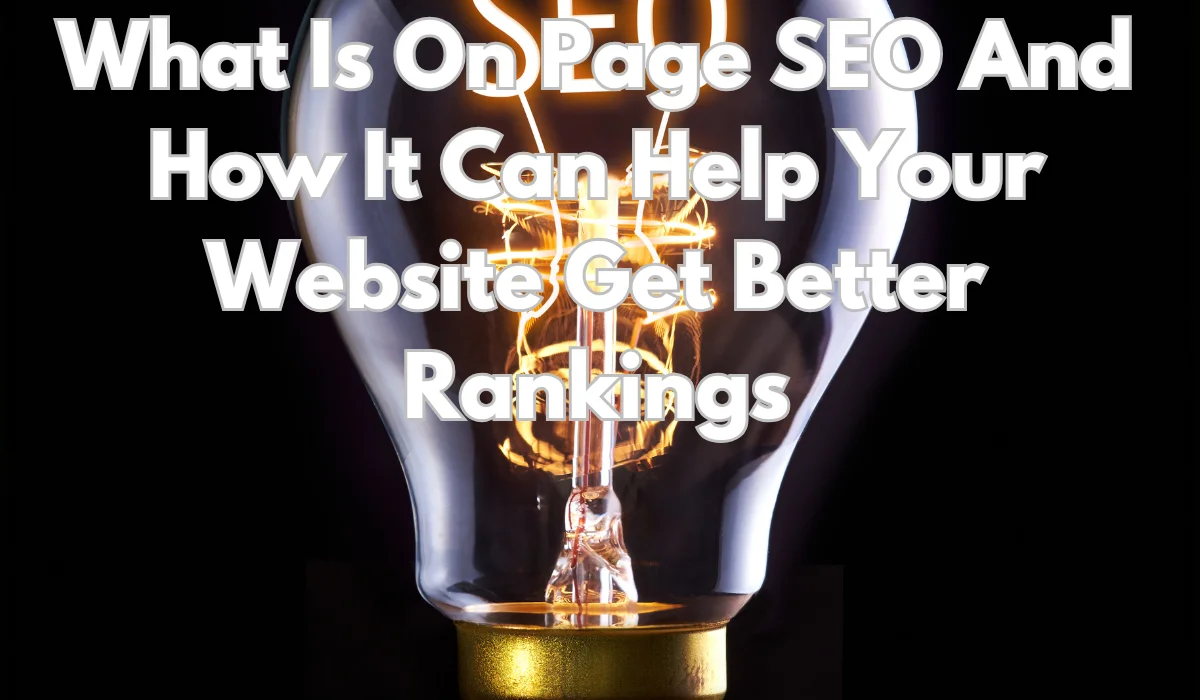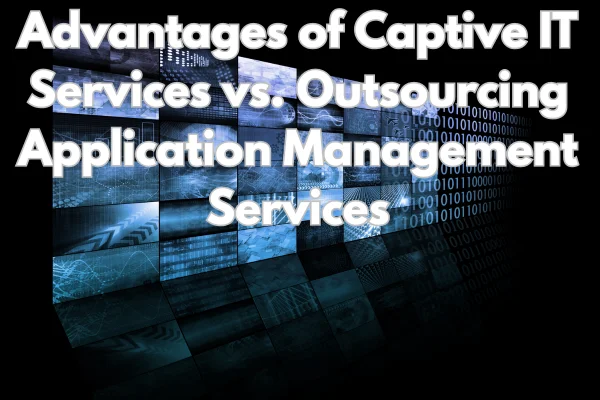
SEO, or search engine optimization, is the process of optimizing your web content so that it can rank well within search engine results for relevant keywords. Google's algorithms are constantly updated and changing to offer the best possible experience for its users and search results. Whether you're just starting out with SEO or want to brush up on your skills, this article will be an invaluable resource.
What is on page SEO?
On page SEO (Search Engine Optimization) is the practice of optimizing a website to rank higher in search engine results. It is a critical part of any digital marketing strategy and can be the difference between your website being seen by potential customers or being lost in the sea of other websites. There are many different factors that go into on page SEO, but some of the most important ones are your website’s title, header tags, meta tags, and content. By optimizing these elements, you can tell search engines what your website is about and help them to rank you higher in their results. While on page SEO is important, it is just one piece of the puzzle. Off page SEO, which includes things like link building and social media, is also critical to getting better rankings. But if you want to start seeing improvements in your website’s search engine rankings, on page SEO is a great place to start.
On Page SEO Tips
If you want to improve your website's search engine rankings, then you need to focus on on page SEO. This involves optimizing your website's content and structure so that it is more easily found and indexed by search engines. Here are some tips to help you get started: 1. Use keyword-rich titles and descriptions. Make sure that your website's titles and descriptions contain the keywords that you want to target. This will help search engines match your site with relevant searches. 2. Use keyword-rich URLs. Your website's URLs should also contain the keywords you're targeting. This will help search engines index your pages more effectively. 3. Structure your content using headlines and subheadings. Organize your content using headlines and subheadings so that it is easy to read and digest. This will also help search engines understand the topic of each page on your site. 4. Incorporate keywords into your content naturally. Use keywords throughout your content, but don't overdo it or engage in keyword stuffing. Integration should be natural to avoid penalty from search engines
On Page SEO Examples
One of the most important aspects of on page SEO is the title tag. The title tag tells search engines what your page is about and is one of the first things they look at when determining your site's ranking. Make sure your title tags are descriptive and relevant to your content. Another important element of on page SEO is the meta description. This is a brief description of your page that appears below your title in the search engine results. Again, make sure this is relevant and keyword rich to improve your chances of appearing in the search results. Headings are also important for on page SEO. Use headings to break up your content and make it easy for readers to scan. Search engines also use headings to understand the structure of your content and give it a boost in the rankings. Finally, don't forget to include internal links in your content. Internal links help search engines crawl your site and can also help improve your ranking. Be sure to use keyword-rich anchor text for your internal links to get the most benefit.
Conclusion
On page SEO is an important part of any website's ranking strategy. By optimizing your website's pages for the search engines, you can help your website get better rankings and improve its visibility. If you're not sure how to optimize your website's pages, consider hiring a professional SEO company to help you out. With on page SEO, you can help your website get the exposure it deserves and attract more visitors.

 English
English














